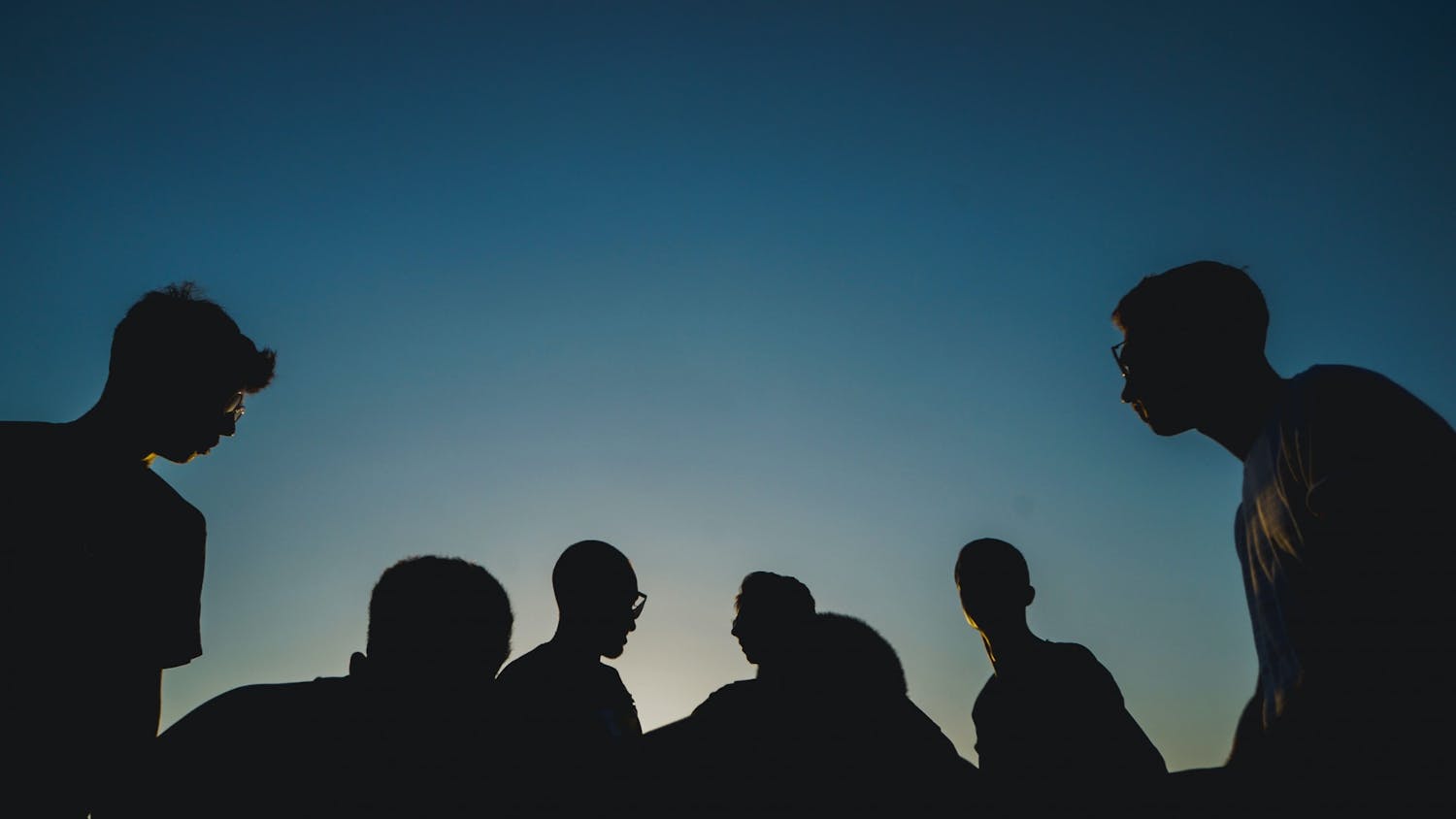“We are lost,” Fariha Easar said.
Easar described living through the recapturing of her home in Kabul, the capital of Afghanistan, during a phone interview on Monday, Aug. 16.
The Taliban seized control of Kabul Sunday morning, Aug. 15. Part of Kabul was destroyed, and the dreams of many women died with it.
“It is an intense time,” Easar said. “We live in a very challenging and very difficult time … we are stuck.”
Easar, a lawyer, human rights defender, researcher and social activist, researches peace and Islamic feminism.
Easar is certain of one thing — her life is soon going to change.
“Hope is still an option,” Easar said while peering out of her window, a scene of a Kabul street, a billboard with the photo of a female model being taken down.
When U.S. troops came to Afghanistan in 2001, following the attacks on September 11, they worked to eradicate the Taliban. Afghan women were given the right to an education, to work and to move about the world without a male relative attending as their guardian. For most women, this was their first chance at freedom, Easar explained.
Under the Taliban retaking, Easar fears a return to the days before the U.S. occupation for Afghan women. Many are hopeless, but in the face of her circumstances, Easar remains steadfast.
“Yes, I am ready to die standing up, but I will never surrender to the bloodthirsty and savage terrorists,” Easar said. “Endurance and resistance are the guarantee for the life and survival of the country and the people and getting out of the difficult situation we are in today. Good days are coming … days to learn again and to wish again.”
For some though, finding hope is proving to be a challenge.
Afghan men feel the burden of this transpiring in Afghanistan as well. Zia Majeed, a pediatric doctor who also resides in Kabul, worries for his wife.
“We cannot live under the Taliban,” Majeed said in a phone interview on Aug. 16. “Many women will not receive an education … they can’t walk alone … we (Afghanistan people) cannot live in this situation.”
As the Afghan people grapple with an unstable reality, questions for global leaders arise. In turn, frustrations surface, she indicated.
“Nobody cares what we suffer from, shame on all so-called leaders,” Easar said.
Majeed echoes a similar sentiment, heeding a call for America. “The biggest fear is that our country will go back to the blackness it was in … please, please America, do not leave us alone.”
For many Americans, the Afghan story is intangible and out of reach. But for ordinary Afghans, remaining hopeful is a daily fight.
Easar finished her thoughts, saying: “If I stay alive, we will talk soon.”
At a Christian university, the circumstances in Afghanistan present questions on how students should engage with global issues.
Sarah Malak, senior and president of the Taylor chapter of the Middle East Collegiate Association (MECA), offered thoughts on international engagement and students at Taylor.
“As Christians, our first step to loving our neighbors is understanding who our neighbors are,” Malak said. “I don’t think that ‘neighbor’ here necessarily means those living near us, it includes all people, even those on the other side of the world from us. And how can we do that if we don’t know who they are or what major affairs are happening in their lives? How else will we know what to pray for or find ways to help?”
Malak isn’t the only person in the Taylor community that calls on Christians to implement intentional prayer.
“Prayer is the primary thing Christians can do and should be doing about this,” Jakob Miller, assistant professor of American politics, said. “Hopefully we are all keeping the Christians in Afghanistan in our prayers, we should be praying for those on the ground, wisdom for leaders and compassion for the hearts of everyone.”
Nikolas Kerton-Johnson, associate professor of international relations, reiterated the role prayer plays in Christian and global engagement.
“In the book of Daniel the angel comes to speak to him, and the angel tells him that his prayers are heard, and God responds,” Kerton-Johnson said.
The same is true for Christians today.
After prayer, the Taylor community can interact with global news sources. Kerton-Johnson recommended paying close attention to the thoughts of British, Chinese and Russian leaders.
“Having global awareness is very important,” Kerton-Johnson said.
“I am a firm believer that what we consume greatly affects our worldview,” Malak said. “So, my recommendation would be to try to find an unbiased, reputable news outlet and download their app on your phone. Turn on their ‘breaking news’ notifications and spend just 3-5 minutes reading or watching what is happening globally that day. This is a good practice to start now if you haven’t already.”




